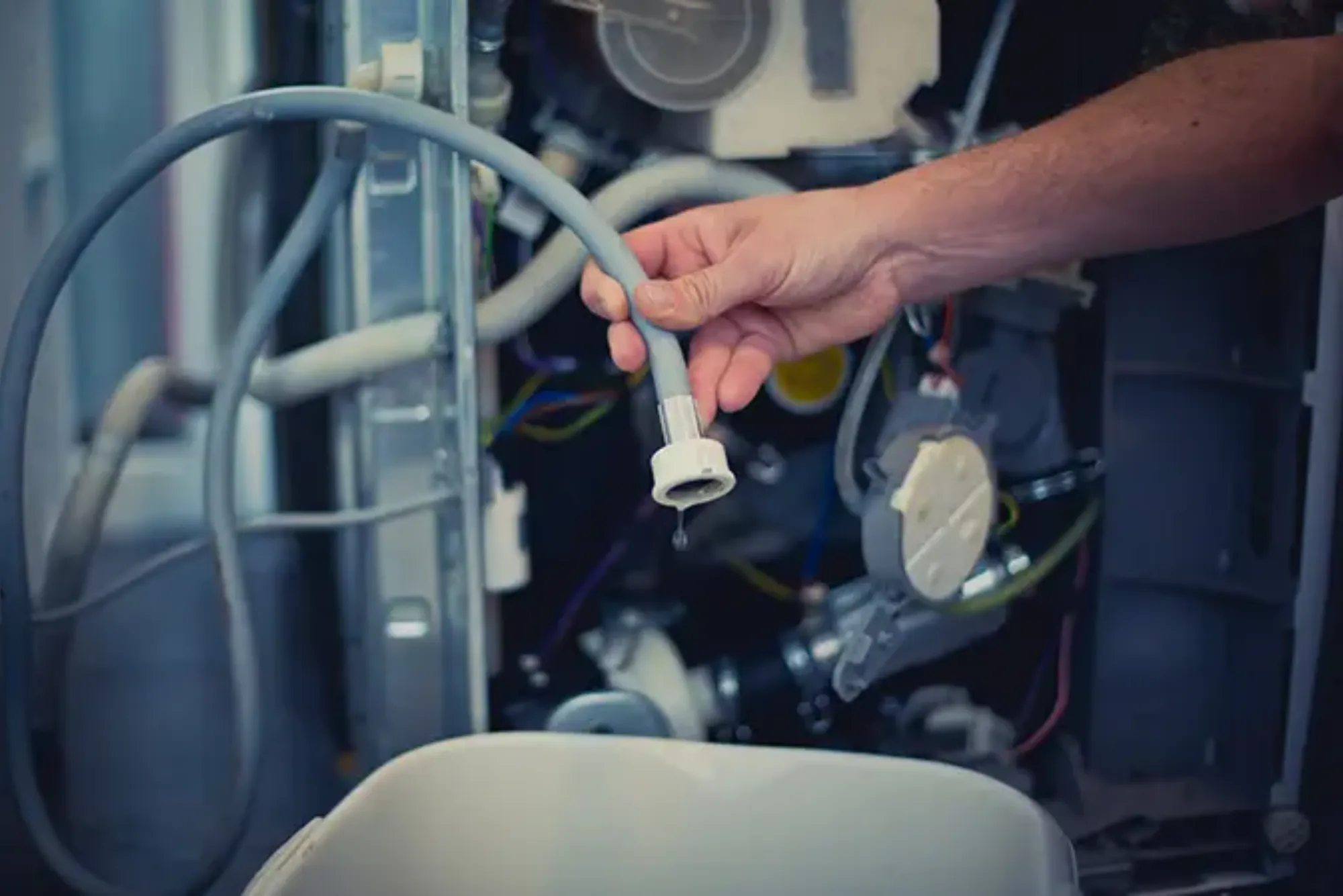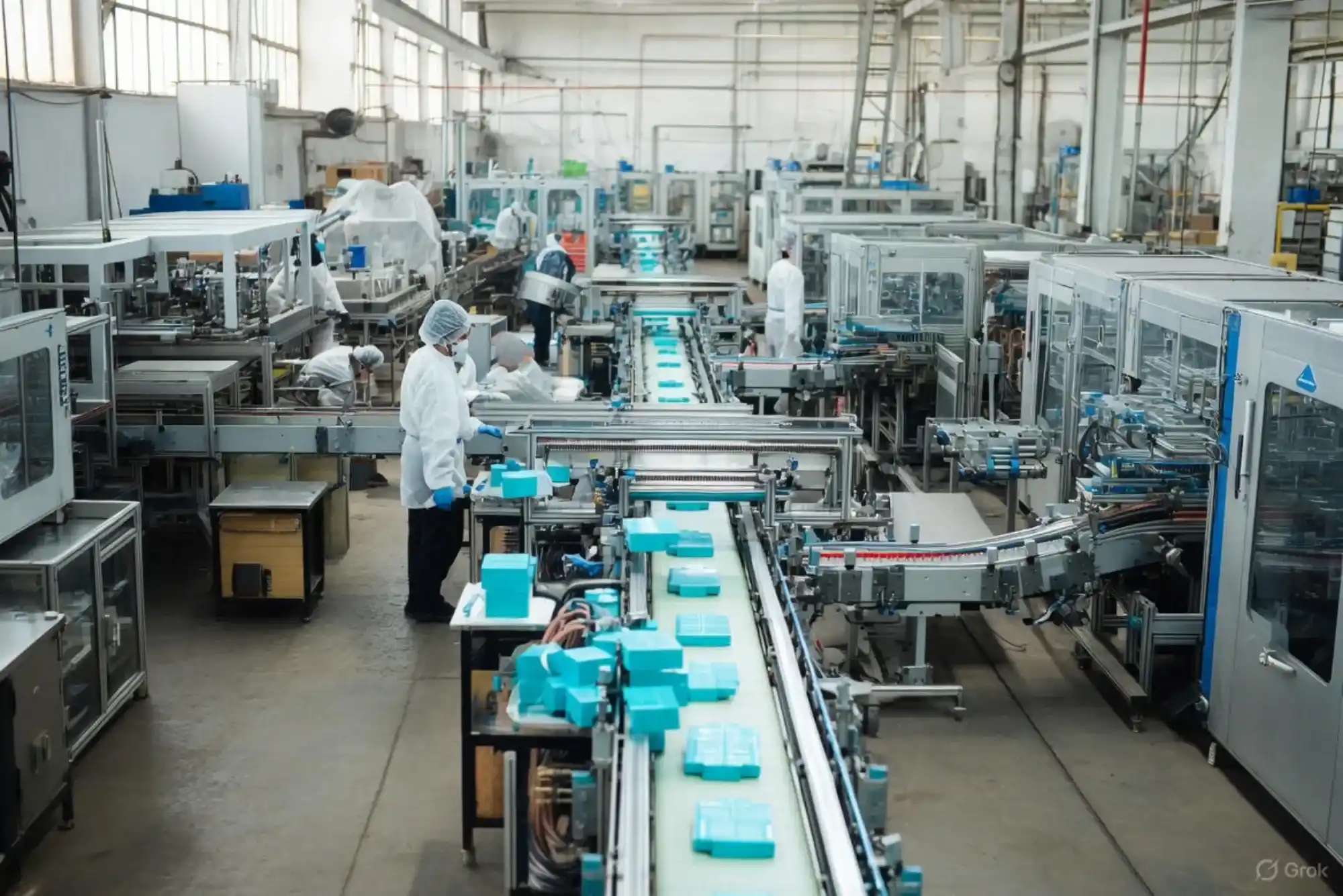Understanding Production Capacity in the Plastic Industry
When people ask about the production capacity of a typical plastic parts company, they’re often trying to understand how much these manufacturers can realistically deliver in a given timeframe. This is not a one-size-fits-all answer. Production capacity depends on several factors: the type of plastic being molded, the complexity of the design, the scale of operations, and the level of automation within the factory.
A plastic parts company that focuses on small-batch specialty items may produce a few thousand parts per month, while a large-scale operation that serves industries like automotive or consumer electronics could easily deliver millions of units monthly. The key point is that capacity is a combination of equipment capability, workforce expertise, and streamlined supply chain processes.
How Capacity is Measured in a Plastic Parts Company
In most cases, production capacity is measured in units per cycle, per hour, or per year. For example, a plastic molded parts manufacturer running a single 300-ton injection molding machine might be able to produce thousands of identical parts in a 24-hour cycle. However, if the parts are more complex, require multi-cavity molds, or need post-production finishing, the actual output will be lower.
Capacity is also influenced by mold design. A mold with four cavities can produce four parts per cycle, while a mold with sixteen cavities increases that number fourfold. Thus, a plastic parts company with advanced mold-making capabilities has a clear advantage in scaling production without compromising quality.
The Role of Technology and Automation
Modern manufacturing relies heavily on automation, and this is especially true in the plastic industry. Robotics, smart sensors, and advanced molding machines allow a plastic molded parts manufacturer to run 24/7 operations with minimal downtime. Automation reduces errors, improves consistency, and dramatically increases the overall production capacity.
For example, in high-volume industries like packaging or medical devices, companies often implement fully automated systems that can produce millions of parts every month with minimal human intervention. Meanwhile, smaller or mid-sized companies may balance automation with skilled labor to maintain flexibility for custom orders.
Industry-Specific Capacities
Different industries demand different capacities. An automotive-focused plastic parts company typically manages higher production volumes because vehicle manufacturers require thousands of identical components for every model produced. These might include dashboard panels, interior trim, or under-the-hood components that must be manufactured with precision and durability.
On the other hand, companies serving the medical industry may focus on smaller runs but with much stricter quality standards. A plastic molded parts manufacturer producing syringes, surgical instrument handles, or diagnostic device housings might emphasize quality control and certifications like ISO 13485 over sheer output. This results in lower volume but much higher scrutiny per unit.
Consumer products, packaging, and electronics fall somewhere in between. These companies often balance high capacity with flexibility, producing millions of units but frequently adjusting designs to meet market trends.
Factors That Limit Production Capacity
Even with advanced equipment, a plastic parts company can face several bottlenecks that limit capacity. Mold changeover times, machine maintenance, and raw material availability all play a role. For instance, if a company experiences delays in sourcing high-grade resin, its production capacity will immediately be affected.
Additionally, workforce skill and experience are critical. A highly skilled operator can ensure machines are running at peak performance, while less experienced teams may encounter frequent downtime. Therefore, capacity is not only about machines but also about the people who run them.
Balancing Quality and Quantity
One common misconception is that higher production capacity always means better performance. In reality, a reputable plastic molded parts manufacturer knows that balancing speed with quality is essential. Producing a million parts a month doesn’t matter if half of them fail quality inspections.
Most successful plastic parts companies adopt a lean manufacturing approach, focusing on minimizing waste, improving efficiency, and ensuring that each part meets customer requirements. This balance is what keeps clients satisfied and long-term partnerships strong.
Real-World Example: Scaling from Thousands to Millions
Consider a mid-sized plastic parts company that begins by producing 50,000 units per month for a local client in the consumer goods industry. As demand grows, the company invests in higher-tonnage molding machines, multi-cavity molds, and robotic arms for part removal and assembly. Within three years, the company may increase production capacity to over 1 million units per month.
This growth trajectory is not unusual. Many plastic molded parts manufacturers start small, serving niche clients, and then scale into large operations by reinvesting profits into better equipment and larger facilities. Capacity, therefore, is not static but an evolving aspect of the business.
Why Capacity Matters to Clients
For clients seeking a reliable supplier, understanding the production capacity of a plastic parts company is crucial. It determines whether the company can meet deadlines, handle urgent orders, and scale alongside the client’s growth. A startup may only need a few thousand parts initially, but if the product succeeds, the demand can jump to hundreds of thousands in a short time.
A good supplier will not only disclose their current capacity but also explain how they can expand production if needed. This transparency builds trust and ensures long-term collaboration.
Final Thoughts
So, what is the production capacity of a typical plastic parts company? The answer depends on scale, technology, and industry focus. Small companies might produce tens of thousands of parts monthly, while larger, highly automated manufacturers can deliver millions. A plastic molded parts manufacturer with advanced technology and skilled staff will always outperform those relying on outdated methods.
For clients, the most important consideration is not just raw numbers but whether the company can consistently meet quality standards while scaling production as demand grows. In the end, a reliable plastic parts company is one that balances speed, efficiency, and precision in every project.








